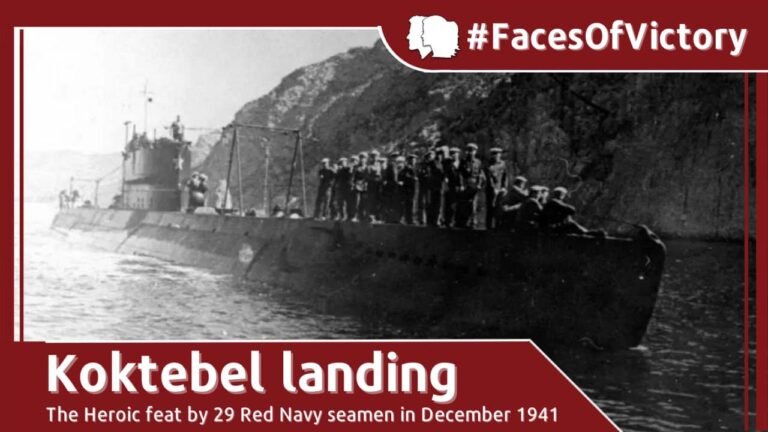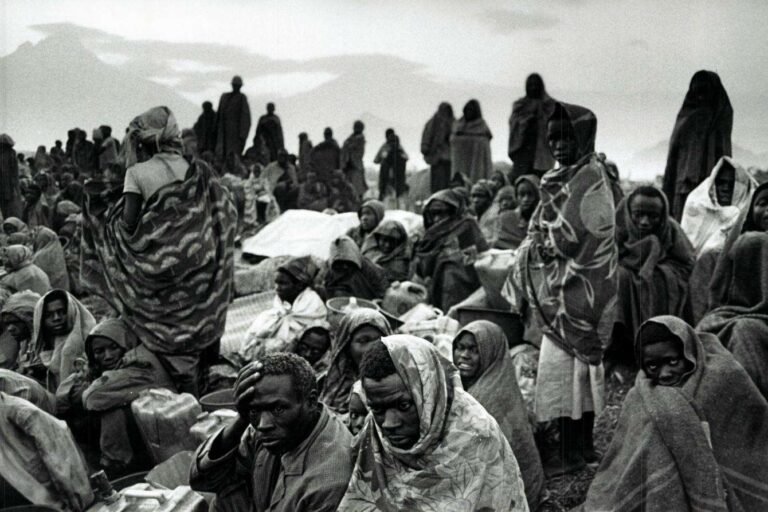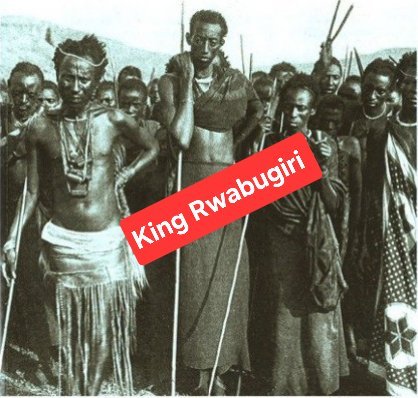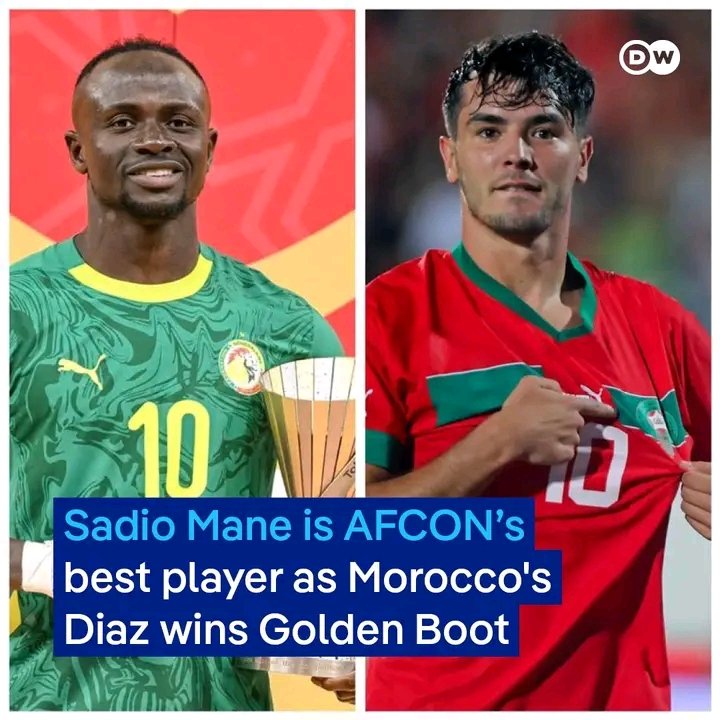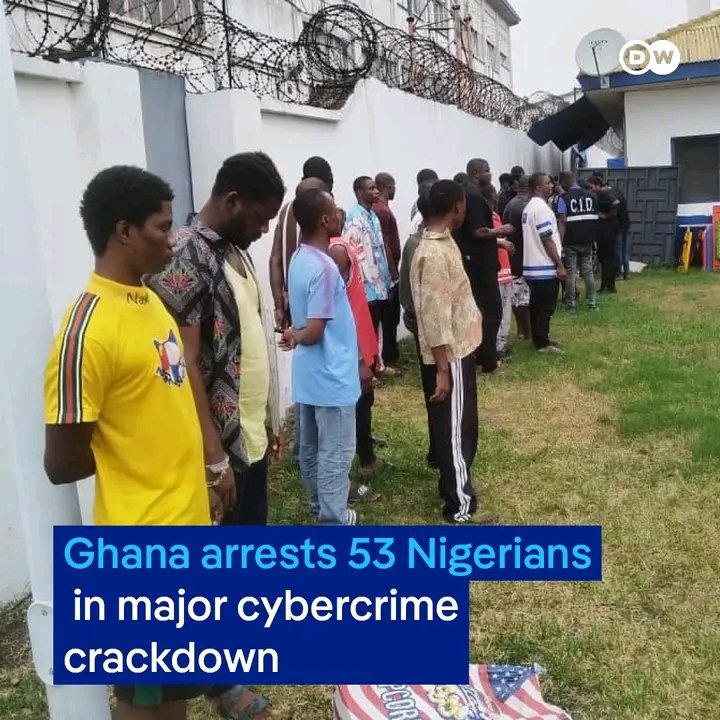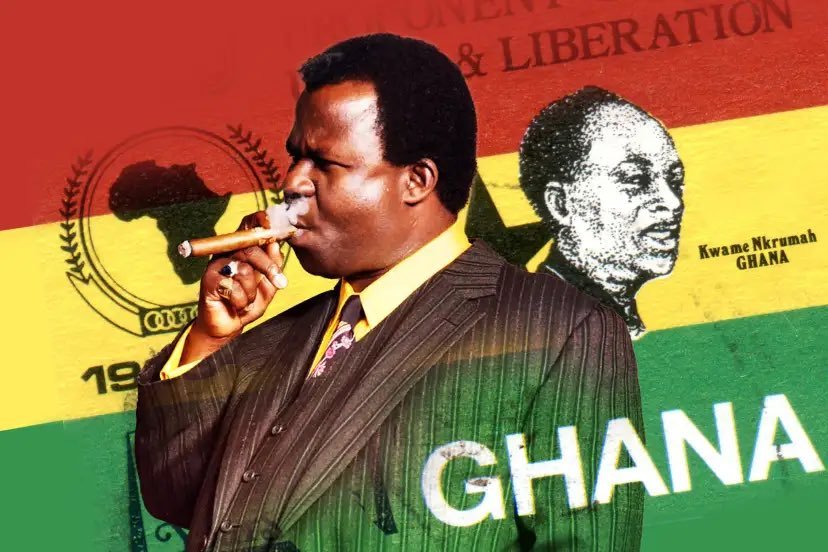
The Rise of Ghana’s Most Notorious Fraudster
John Ackah Blay-Miezah, born John Kolorah Blay in 1941 in Ghana’s Western Region, grew up in poverty, earning the nickname “Kerosene Boy” for selling kerosene to fund his education. His early life as a petty thief honed his ability to manipulate people—a skill he later used to orchestrate one of history’s most audacious scams.
In 1959, he sailed to the U.S., settling in Philadelphia, where he rebranded himself as John Ackah Blay-Miezah, adopting a more elite-sounding name. He falsely claimed to have studied at the University of Pennsylvania, even stealing a fellow Ghanaian’s academic credentials to bolster his image.
The Birth of the $47 Billion Scam
While serving time in a Pennsylvania prison for fraud in the 1970s, Blay-Miezah concocted the Oman Ghana Trust Fund—a fictitious fortune allegedly stashed by Ghana’s first president, Kwame Nkrumah, in Swiss banks. He claimed the fund held $27 billion (later inflated to $47 billion) in gold, diamonds, and cash, with himself as the sole trustee.
The scam preyed on Ghana’s economic struggles and global investors’ greed. Blay-Miezah promised 10x returns, convincing lawyers, businessmen, and even former U.S. Attorney General John N. Mitchell (of Watergate infamy) to pour millions into unlocking the “hidden wealth.”
Diplomatic Immunity & Global Fraud
After fleeing U.S. charges, Blay-Miezah was briefly jailed in Ghana but was released after convincing military leader Ignatius Kutu Acheampong that he could rescue Ghana’s economy. Given a diplomatic passport, he traveled freely, evading Interpol and U.S. extradition while expanding his fraud across North America, Europe, and Asia.
At his peak, he lived lavishly—chauffeur-driven Rolls-Royces, tailored suits, and armed guards—while victims, including a Ghanaian brewery tycoon, lost everything.
The Unraveling
By the 1980s, his lies caught up with him:
- 1986: Jailed in Ghana for “economic sabotage” after failing to deliver promised billions.
- 1989: Exposed on CBS’s 60 Minutes as “the Ultimate Con Man”—Ed Bradley revealed he never paid a single victim.
- 1992: Died under house arrest, still insisting $15 billion was hidden offshore.
Even after his death, believers like Gregory Frazier (of the Friends of the Oman Ghana Trust Fund) spent years petitioning Ghana’s government to recover the non-existent fortune.
Legacy: The Blueprint for Modern Scams
Blay-Miezah’s advance-fee fraud laid the groundwork for schemes like the “Nigerian Prince” emails. His audacity—swindling $250 million globally—cements his place as one of history’s greatest conmen.
As Ghana’s Supreme Court ruled in 2001: The fortune never existed. Yet, his story remains a chilling lesson in greed, deception, and the power of a well-told lie.
Sources: CBS 60 Minutes (1989), “The Ghanaian Conman Who Fooled the World” (BBC), court records, and investigative reports


